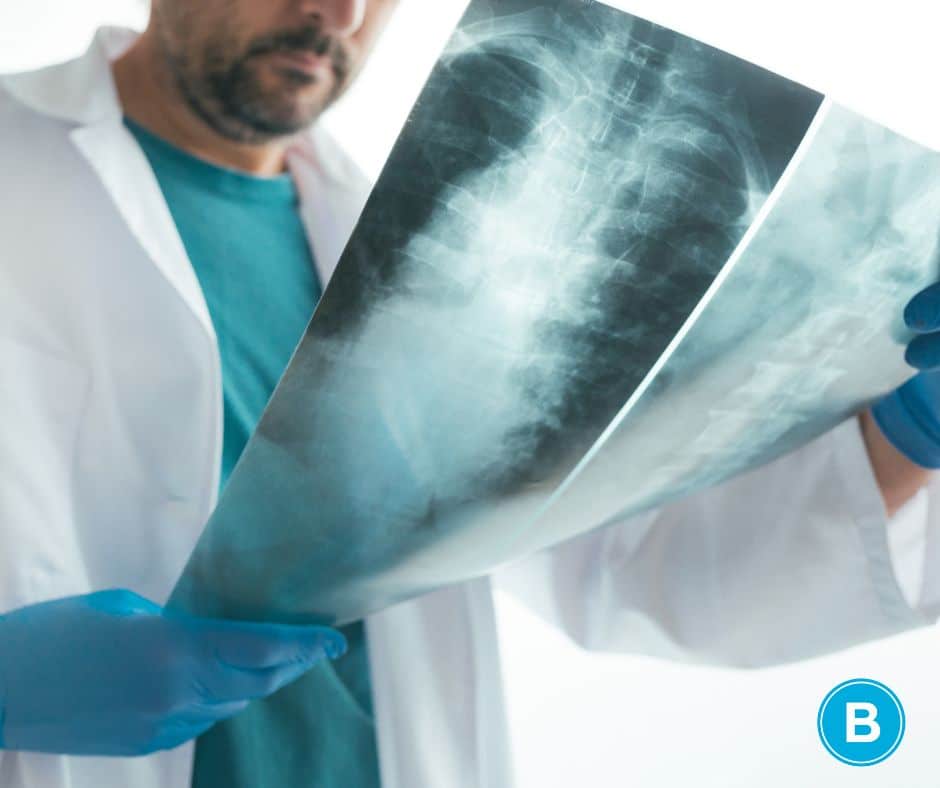
As injury lawyers, we use terms like “catastrophic injury” frequently. Our clients, however, do not. This can be unsettling for them when we use phrases like this during their initial consultation. We’re also passionate about educating the public on Florida law and how it applies to their daily lives. Here on the blog we attempt to answer questions in a simple and straightforward manner.
So, what is a catastrophic injury?
Florida law labels a, “catastrophic injury” as any injury considered permanent impairment. They include (but do not limit the definition to) injuries like:
- spinal cord injuries causing paralysis (including paralysis of the trunk, arm, leg, etc.)
- amputation of a hand, arm, foot, or leg
- severe brain injury (a.k.a. closed head injury)
- second or third degree burns covering 25% or more of the body
- second or third degree burns covering 5% or more of the face/hands
- blindness (total or industrial)
While generic, these descriptions do give a comprehensive overview of injuries serious enough to be considered “catastrophic.” Each of these injuries would most certainly render a victim unable to continue with life as usual. In many cases, they alter daily routines and functions, including employment.
Why does the classification of my injury matter?
If the recklessness or negligence of another party causes your accident, classifying your injury(ies) is an important part of your case. As mentioned above, catastrophic injuries often render victims unable to carry on with life as they did before their accident. When another party causes these injuries, you are entitled to compensation that varies depending upon how said injuries and damages are classified.
How is my injury classified?
Ultimately, your injury is classified medically at the moment of diagnosis, per the criteria listed above from Florida’s statutes. However, your attorney will also play a part in classifying your injury in regards to your case, by pulling medical records, information about your career before your accident, documentation of your responsibilities and daily activities, etc. Why is that important?
Consider this: If an accident causes an injury that requires amputation of a hand, it would automatically be considered catastrophe for the victim. However, if that victim’s career was as a hair stylist or dog groomer, that injury renders them (in most cases) unable to do their job and provide for themselves and their family. That’s truly catastrophic on multiple levels. Your attorney would fight for you to receive maximum compensation because it’s not just about your injury…it’s about your livelihood, your family, and every other aspect of life.
The team at Brooks Law Group specializes in fighting for victims of catastrophic injuries in the Tampa Bay area. We make it our personal priority to get the help you need following an accident and injury, and we do our best to provide legal services that are personal, supportive, and inclusive for all victims. We provide FREE consultations, and when you choose us to take on your case, you don’t pay unless we win. When life’s unexpected events result in damages or injuries to you or someone you love, you know you can always Look to Brooks.













